The new policy includes improved protection of technical interns' rights with greater flexibility in changing jobs and stricter supervision, according to Kydo News.
The new policy was approved at a ministerial meeting following a proposal by a government panel last year but also took into account discussions within Japan's ruling Liberal Democratic Party to limit trainees to a maximum of two years from job-hopping.
Approval of the new policy paves the way for the Japanese government to submit bills to parliament as early as March to introduce the new system.

As of the end of June 2023, there were approximately 358,000 foreign technical interns working in Japan.
Kyodo News Screenshot
Japan's current technical intern program, introduced in 1993, is designed to transfer skills to developing countries, but has been criticized as a cover for importing cheap labor as the country's working-age population declines.
The current program has strict rules, largely prohibiting trainees from changing workplaces without compelling reasons, and many have fled due to abuses such as unpaid wages and harassment.
Speaking about the new decision, Japanese Prime Minister Kishida Fumio emphasized: "We want to make Japan a country where foreign talents will choose (to work). We will work based on this policy." Mr. Kishida also directed ministers to improve conditions for accepting foreign workers.
Previously, the final report of the government panel said that in principle, interns should be allowed to change jobs after one year of work, but lawmakers expressed concerns about the possibility that interns would move from rural to urban areas where conditions are better.
Finally, the Japanese government has decided to set a maximum limit on job transfers of two years, depending on the field.
Another requirement for trainees is to have achieved "N5", the easiest level of the Japanese Language Proficiency Test, or "N4" level which demonstrates basic understanding of Japanese.
Meanwhile, the Japanese government is considering requests to revoke permanent resident status for foreigners if they fail to pay taxes or social insurance premiums.
Under the new system, trainees will be able to switch to the skilled worker system, introduced in 2019, which allows them to stay in Japan for up to five years with the possibility of permanent residency.
As of the end of June 2023, there were about 358,000 foreign technical interns working in Japan, according to Kyodo News.
Source link




![[Photo] Prime Minister Pham Minh Chinh chairs conference to promote public investment growth momentum](https://vphoto.vietnam.vn/thumb/1200x675/vietnam/resource/IMAGE/2025/5/20/7d1fac1aef9d4002a09ee8fa7e0fc5c5)



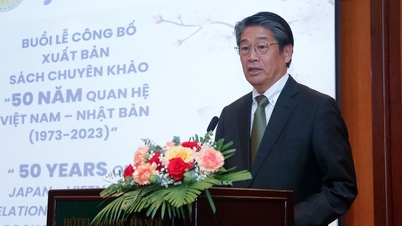





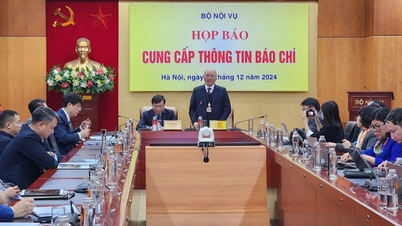


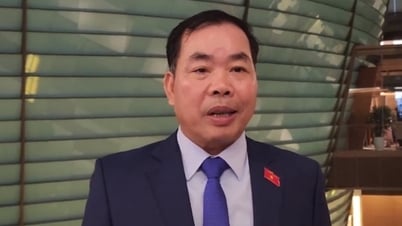



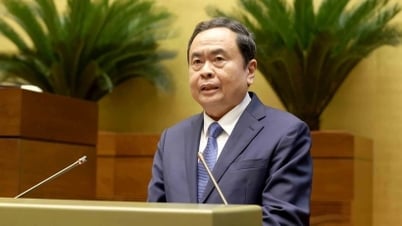
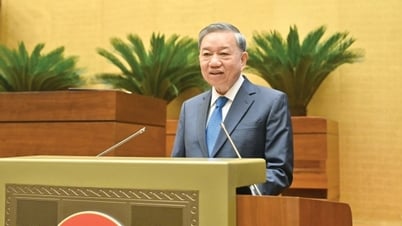





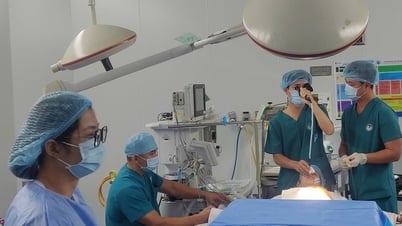


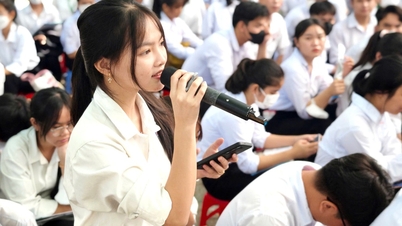





















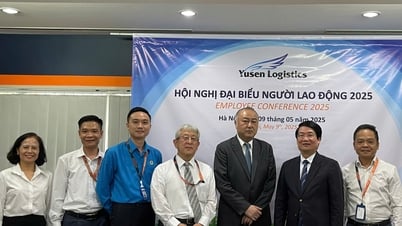







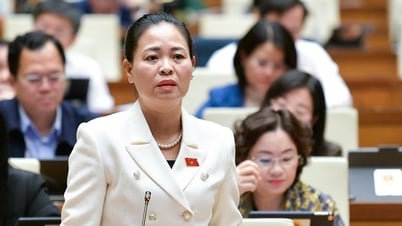





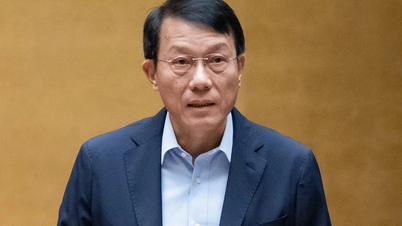

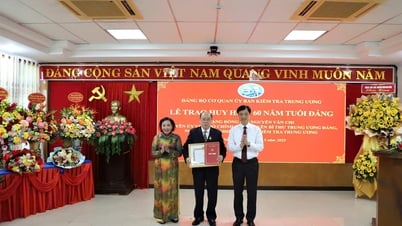











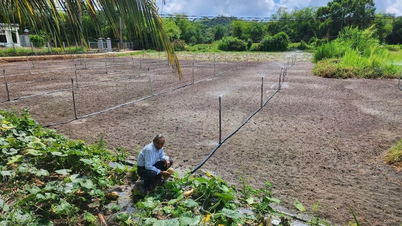

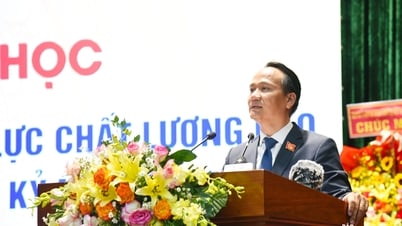

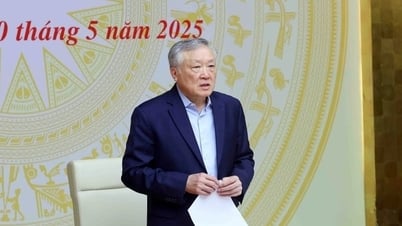















Comment (0)